Organisations have flocked to the cloud to reap the benefits of being more efficient and agile, and of faster innovation in the applications and architecture of their business.
But we also know it’s often not possible to achieve the above by being tied to a single cloud. As a result, and this has been verified by analysts such as IDC, organisations are operating across multiple environments, including on-premise, and a number of different private and public clouds.
Hybrid cloud and multi-cloud models optimize economics, performance, architectural control and data sovereignty, reduce risk and benefit from the characteristics of each platform.
Open APIs are a cornerstone of this architecture, that can integrate applications and data across multiple cloud providers, as well as connect to on-premises enterprise environments. Organisations need a way to standardize integration and data movement across multiple platforms and an API layer is a way to abstract and address compatibility challenges across providers.
API as a common command interface
The API layer provides organisations with a single interface, delivering a common command set for tasks, including creation and management of compute and storage instances as well as the network connections to those instances.
The main concern is that the benefits gained from a multi-cloud and hybrid cloud architecture, are eroded by the same because of increased complexity.
Once again, IDC has identified the top challenges to implementing a multi-cloud strategy as:
- Different workflow and management tools
- Lack of unified security monitoring across providers
- Too much effort relative to benefit
What challenges can be overcome through API?
These challenges can all be relieved through API integration.
- The same cloud APIs deployed to multiple clouds, public and private, means workloads can be more easily moved to the optimal cloud.
- API management can be delivered as a managed service, meaning both cost and IT resources are optimized.
- Common APIs already include security tools.
- Proprietary APIs that lock one into a single cloud, and create sub-optimal operational costs.
- Common and familiar APIs available for almost any type of cloud resource
- If in house skills are not available, a managed service for multi-cloud APIs takes care of all of this.
- Rackspace, one such provider of multi-cloud APIs, claims up to 60% savings versus a DIY multi-cloud API management.
APIs are for network management too
The same benefits of API adoption are also present in connectivity management. Great advances have been made by standards bodies such as the Metro Ethernet Forum (MEF) - of which PCCW Global is a member - in getting networks operated by different providers to not just talk to each other, but to allow the provisioning of connections across networks quickly and easily.
This is being done through the LSO (Lifecycle Service Orchestration) Sonata API technical specifications. LSO Sonata API standardization is being conducted within the context of the MEF 3.0 Global Services Framework and is part of a broader effort to standardize multiple sets of APIs enabling service automation across multiple providers and over multiple network technology domains.
Eight standard API definitions
Work is being done to standardize eight API definitions:
- Address validation
- Service availability
- Ordering
- Quoting
- Billing
- Assurance
- Testing
- Change management
What this means is SDN-to-SDN control using a programmatic API-to-API interface, allowing SDN-managed services to be set up and run across multiple networks in just minutes, making managing integrated SDNs accessible, flexible, and easy to adopt.
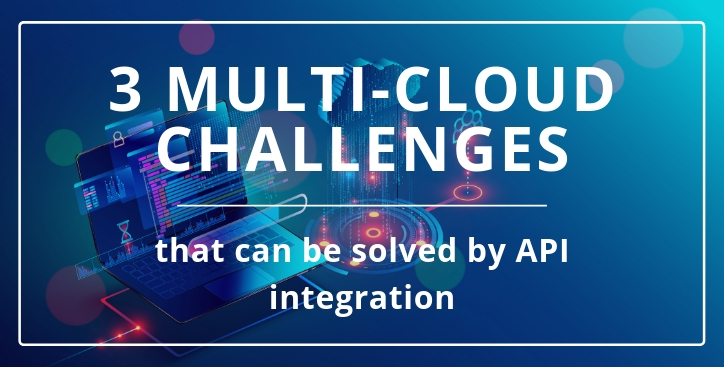

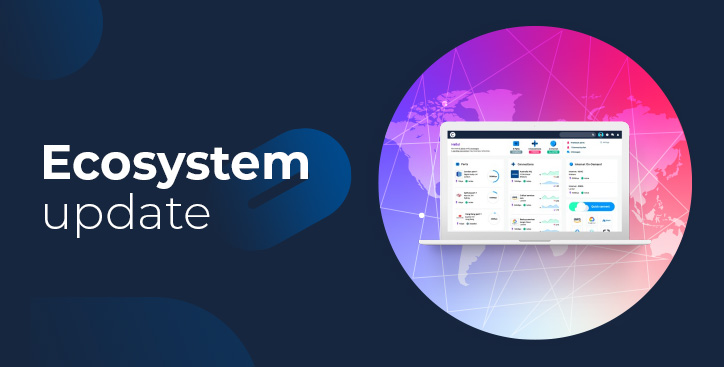
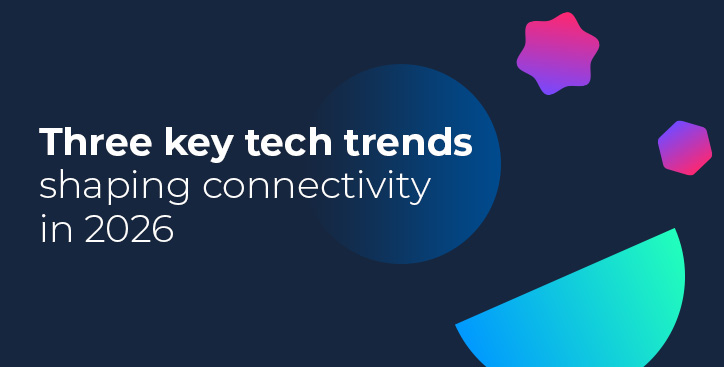

.jpg)

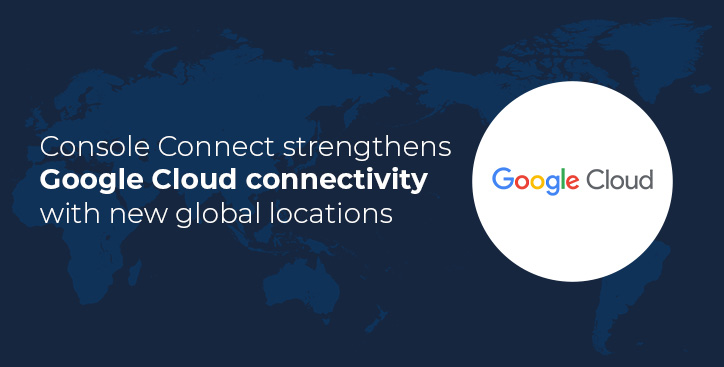
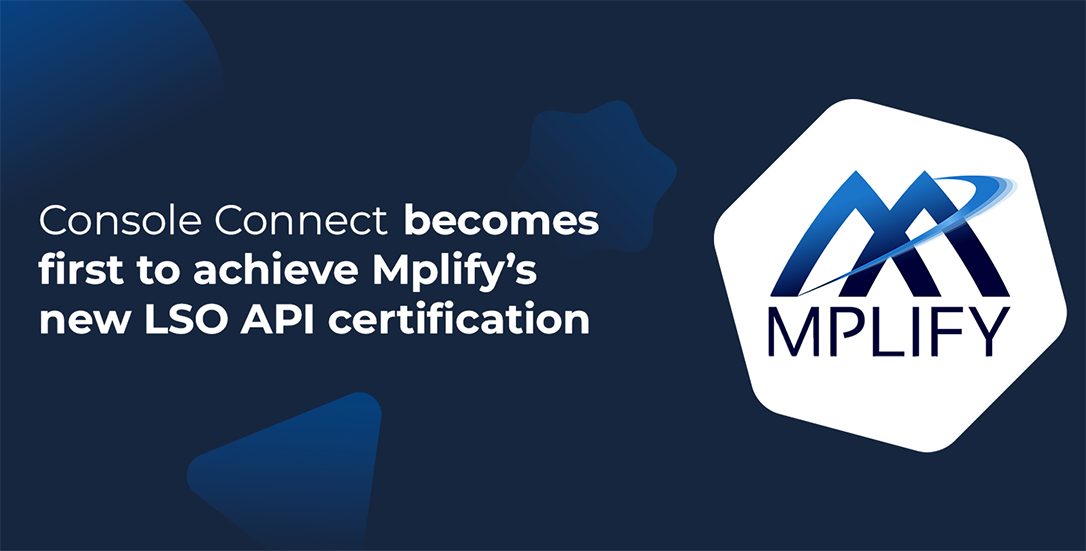

.jpg)